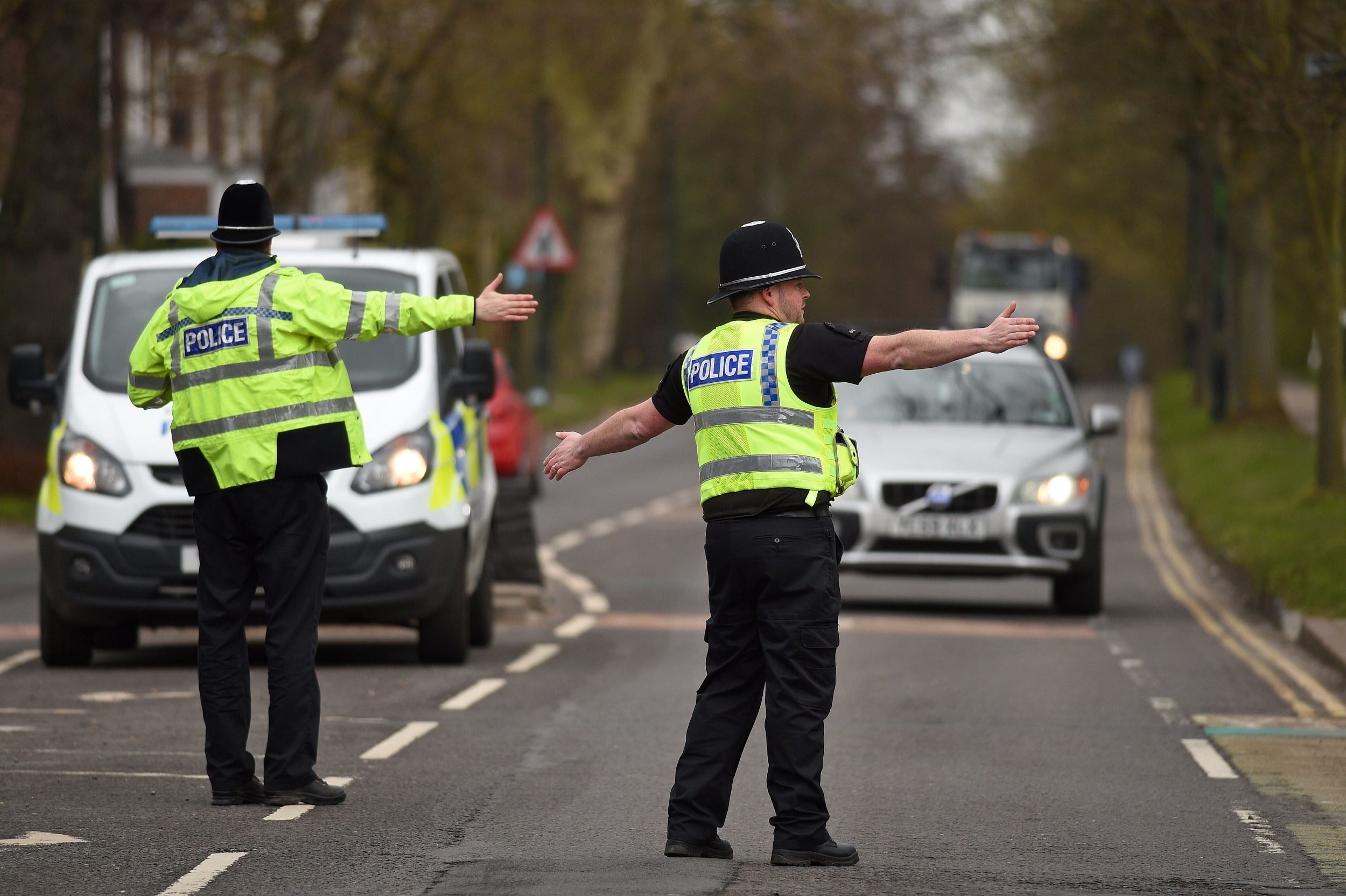If the police use a heavy hand, the public will soon tire of it
Editorial: These restrictions on movement could plausibly last another six months. It will not be long before people’s patience wears thin and compliance slackens off

Accusations that Britain has, virtually overnight, been turned into a police state seem wide of the mark. But when the distinguished former Supreme Court justice Lord Sumption makes such a claim, he should be listened to.
He is right to criticise the zealots in the Derbyshire force who tried to prevent people from going for a walk in the Peak District. The officers, who proudly shared their activities on Twitter, were not only being over-officious but exceeding their powers to enforce the law as it stands. They were attempting to make free citizens abide by ministers’ guidelines, opinions expressed in press conferences and, indeed, varying interpretations of those opinions. That is ultra vires, and Lord Sumption was right to say so.
Still, the prevalent mood among the public and the police is less authoritarian. Most of the evidence suggests that the law and the guidelines are being complied with, and common sense exercised. Data on journeys taken, for example, suggest that the injunction to stay home is being complied with – and real fears about Covid-19 are as effective a deterrent as any to reckless behaviour. Early signs also suggest that the numbers of coronavirus cases and fatalities are also showing a more encouraging trend as self-isolation and social distancing becomes more commonplace. The police are not, on the whole, behaving like paramilitaries. Gentle guidance is the rule. The UK is not under arbitrary rule by the authorities.
If not a police state, then, the UK is certainly a puzzled state – and that includes the forces of law and order. The law and official guidance vary. The law between different parts of the UK varies. The College of Policing guidance to officers does not have the authority of law.
Confusion is layered on complication. People are in the tragicomic position of not knowing whether buying Easter eggs is allowed (and they are legal to sell). If they are bought at the same time as “essentials” or “basic necessities", is that OK? If they are bought at different shops in one shopping expedition, is that lawful? If the police discover a motorist in possession of a quantity of Galaxy Minstrel eggs in the boot of the car, do they seize them, with a view to further examination down at the station? What is an appropriate fine, if any, for an Easter egg-only trip to the sweet shop? We cannot be in a position where a constable has to second guess what Boris Johnson might think.
So unprecedented and so complex is modern life that there is no set of rules that can cover every eventuality. As ever, the police need to exercise discretion and err on the side of latitude. The danger is that the public will grow impatient with being cooped up, refuse to accept the legitimacy of the law, and put themselves and others in danger by breaking out of what will resemble, to some, house arrest.
Worse still would be if the police charged too many people, often on arguable points of law, and overburden the courts. It would be ironic if measures to limit social gatherings resulted in more people turning up to crowded court buildings.
As the deputy chief medical officer for England, Jenny Harries, candidly admitted the other day, these restrictions on movement could plausibly last another six months or longer, on and off.
It will not be long before people’s patience wears thin, and compliance slackens off. The temptations of the countryside on bright days will grow. That is why, in remote spots with no one else about, the police shouldn’t add to a growing sense of oppression by killing the joys of spring.
Join our commenting forum
Join thought-provoking conversations, follow other Independent readers and see their replies
Comments